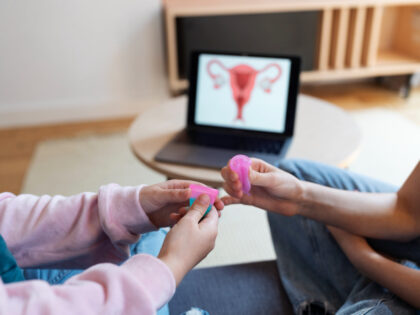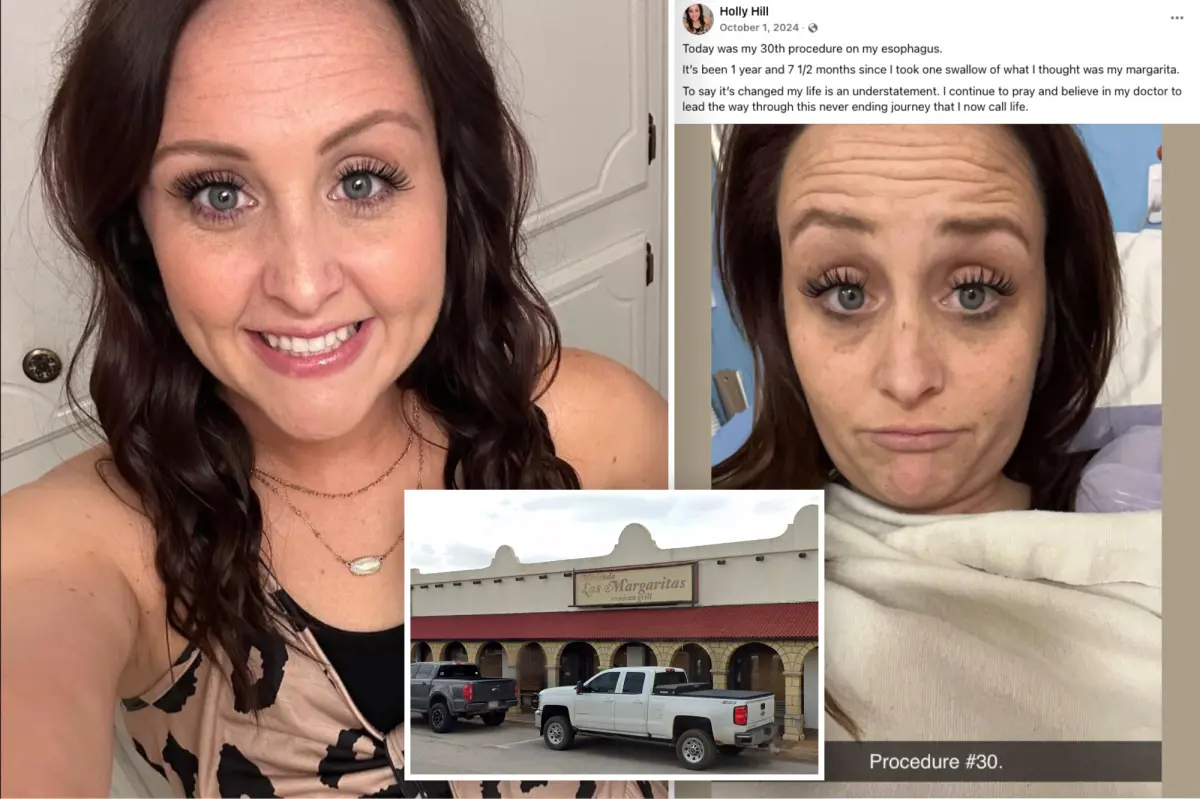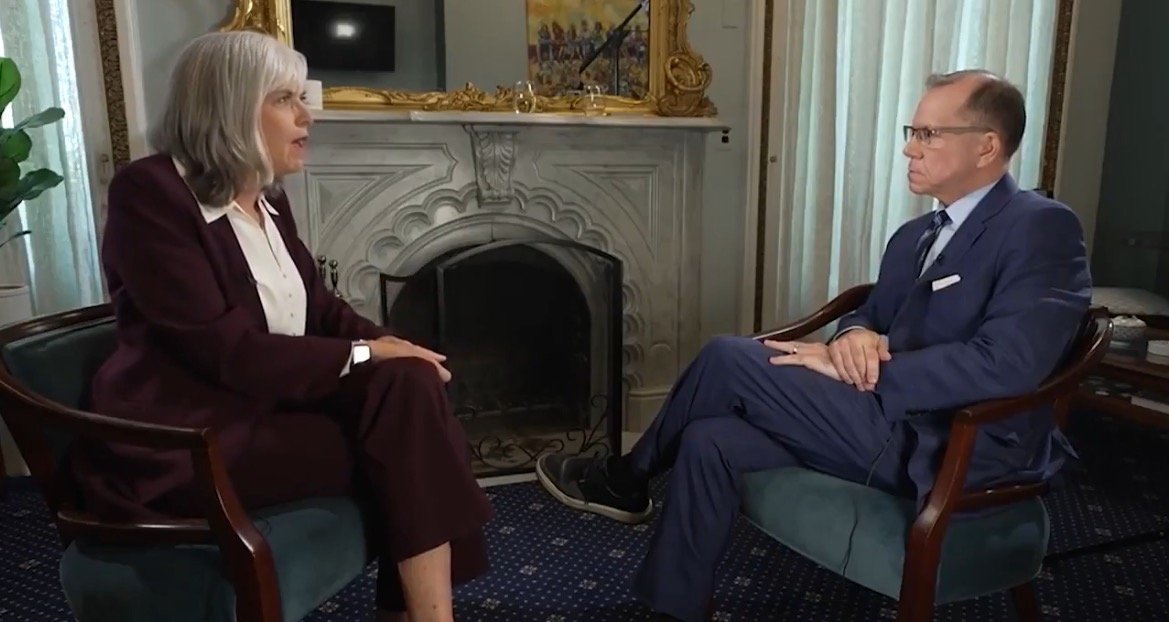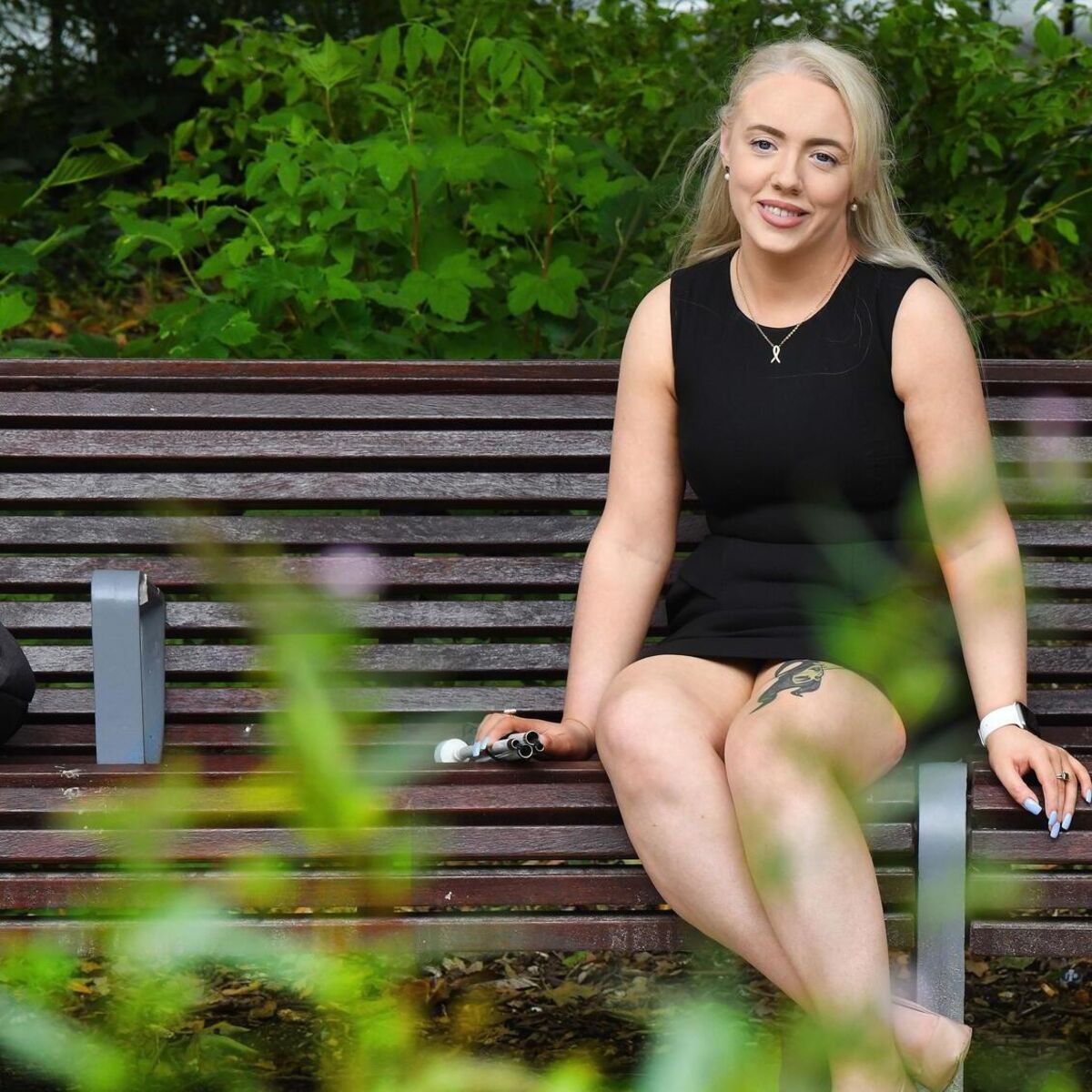Copyright breezyscroll

The UK’s National Health Service (NHS) has launched a landmark initiative making the morning-after pill free at nearly 10,000 pharmacies across England. The move eliminates regional disparities—often called the “postcode lottery”—that previously forced women to pay up to £30 or face delays in accessing emergency contraception. This marks one of the most significant reforms in women’s sexual health services in over 50 years, expanding access and reducing the burden on clinics and general practitioners (GPs). What has changed in the NHS’s new reproductive healthcare policy? The NHS will now provide free emergency contraception (the morning-after pill) across thousands of local pharmacies in England. Women can access it without a prescription or appointment, ensuring timely and stigma-free care. Previously, emergency contraceptives were often inconsistently available, with some regions offering them for free while others charged significant fees or required GP consultations. The change is part of the NHS’s wider plan to modernize and decentralize healthcare delivery, bringing essential services closer to communities. Key details of the new initiative Availability: Around 10,000 pharmacies across England Cost: Free of charge for all women Access: No GP appointment or prescription required Coverage: Eliminates regional (“postcode”) disparities Part of: NHS’s 10-year health improvement strategy Why this reform matters for women’s reproductive health Access to emergency contraception has long been viewed as a public health and equity issue in the UK. Under the previous system, women’s access—and even awareness—of emergency contraception varied widely depending on where they lived. Dr. Sue Mann, NHS National Clinical Director for Women’s Health, described the new policy as a “game-changer” in reproductive health. “This is one of the most significant changes to sexual health services in over 50 years,” she said, noting that four in five people live within a 20-minute walk of a pharmacy, making this service nearly universal. By allowing walk-in access, the NHS reduces the time-sensitive barrier to emergency contraception—an essential factor since the morning-after pill is most effective within 72 hours of unprotected sex. The end of the ‘postcode lottery’ Before this initiative, women in different parts of England faced a “postcode lottery” for emergency contraception. While some local councils funded free access through clinics or pharmacies, others required women to pay up to £30, depending on the region. This disparity led to delays and inequalities in reproductive healthcare, especially for young, low-income, or rural women. The new NHS measure standardizes access, ensuring that all women, regardless of location or income, can obtain emergency contraception promptly and safely. Expanding the role of pharmacies in public health The reform is not limited to reproductive health. It’s part of a broader NHS strategy to empower local pharmacies as key hubs for healthcare access. Alongside the new contraception program, the NHS announced that people starting antidepressants can now consult their local pharmacists for guidance on medication management and lifestyle adjustments. This approach aims to: Reduce pressure on GP clinics and hospitals Promote preventive care and early intervention Leverage pharmacists as accessible healthcare professionals Henry Gregg, CEO of the National Pharmacy Association, applauded the decision, calling it “a crucial step toward eliminating regional disparities in reproductive healthcare.” Similarly, Stephen Kinnock, the Minister for Care, emphasized the community role of pharmacies: “Pharmacies are central to communities and vital for ensuring widespread access to healthcare services.” What’s next for reproductive health policy in the UK? The NHS’s initiative aligns with growing efforts across Europe to improve reproductive autonomy and normalize access to contraception. Experts believe this could pave the way for: Wider sexual health services offered directly through pharmacies Public education campaigns on contraceptive options and safe practices Expansion of free contraception beyond emergency pills to include long-term birth control options The initiative also signals a shift in healthcare delivery philosophy, from centralized, appointment-based care to community-level accessibility. Why did this move set an example internationally The UK’s decision to provide free morning-after pills at pharmacies sets a progressive precedent for other nations grappling with reproductive health access. Countries like France, Spain, and Canada have adopted similar approaches, offering free or subsidized emergency contraception. However, the NHS’s large-scale implementation through local pharmacies could become a model for equitable healthcare delivery globally.



